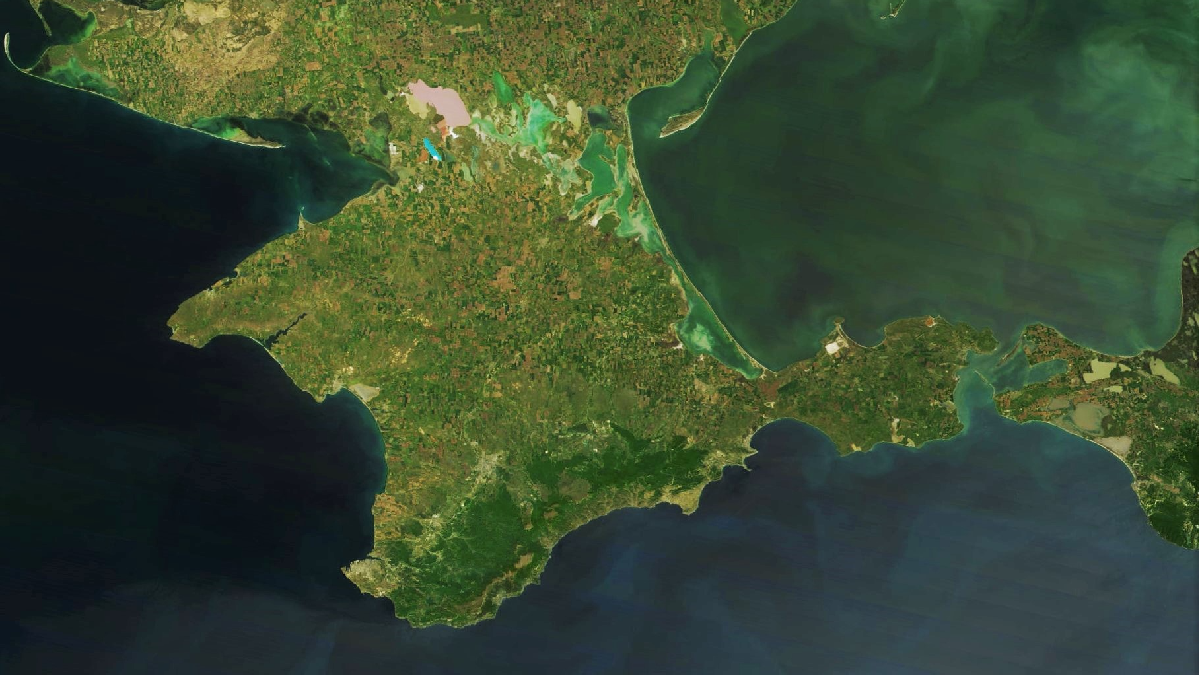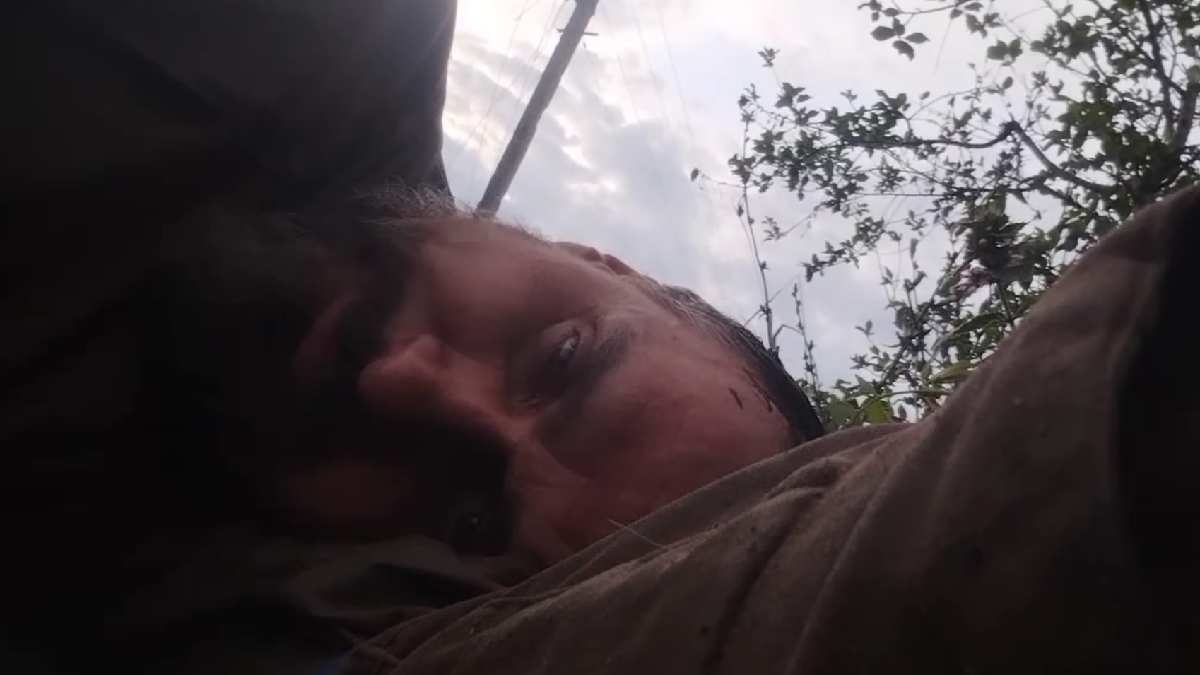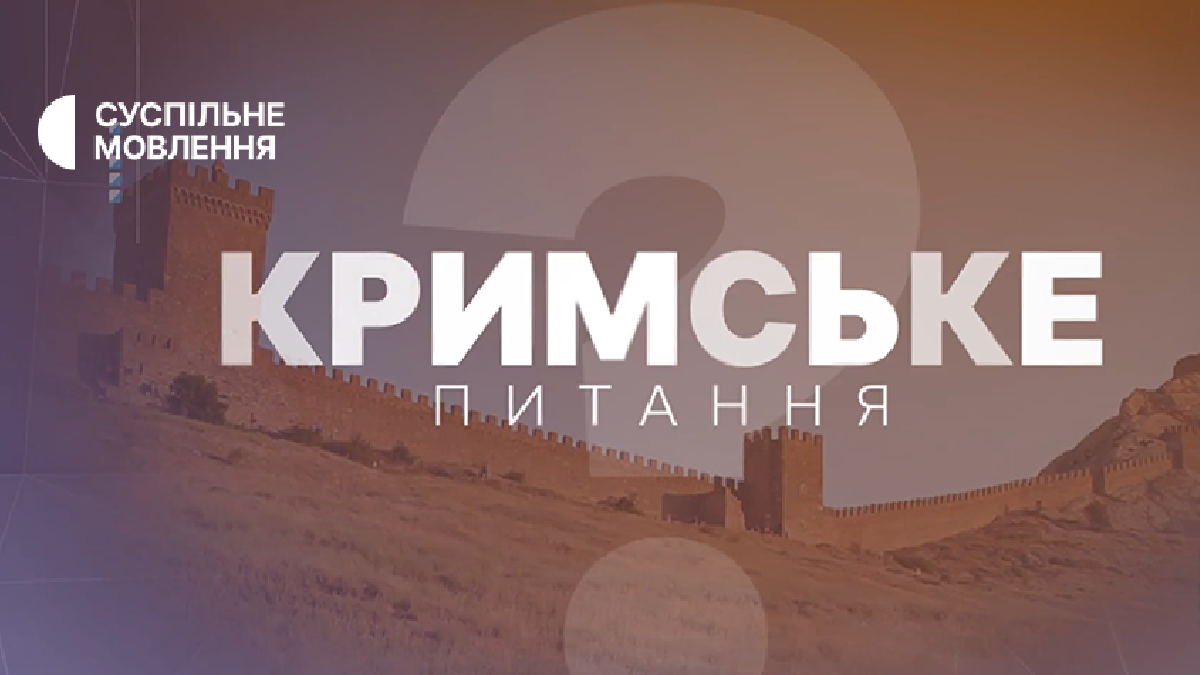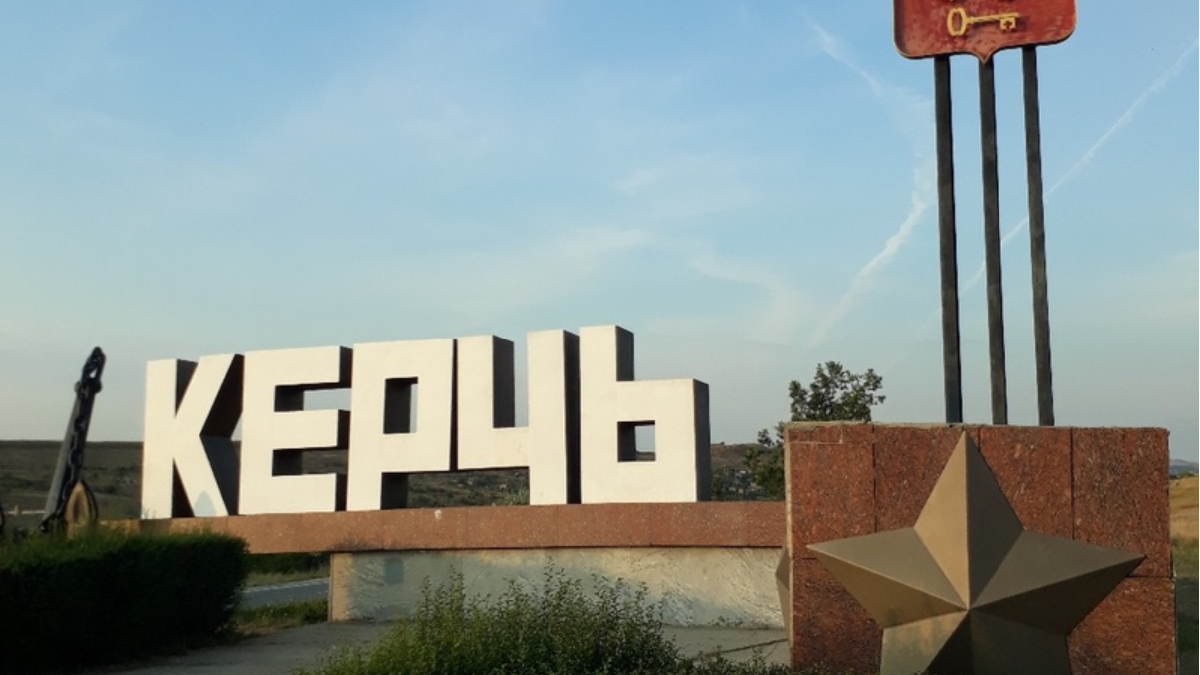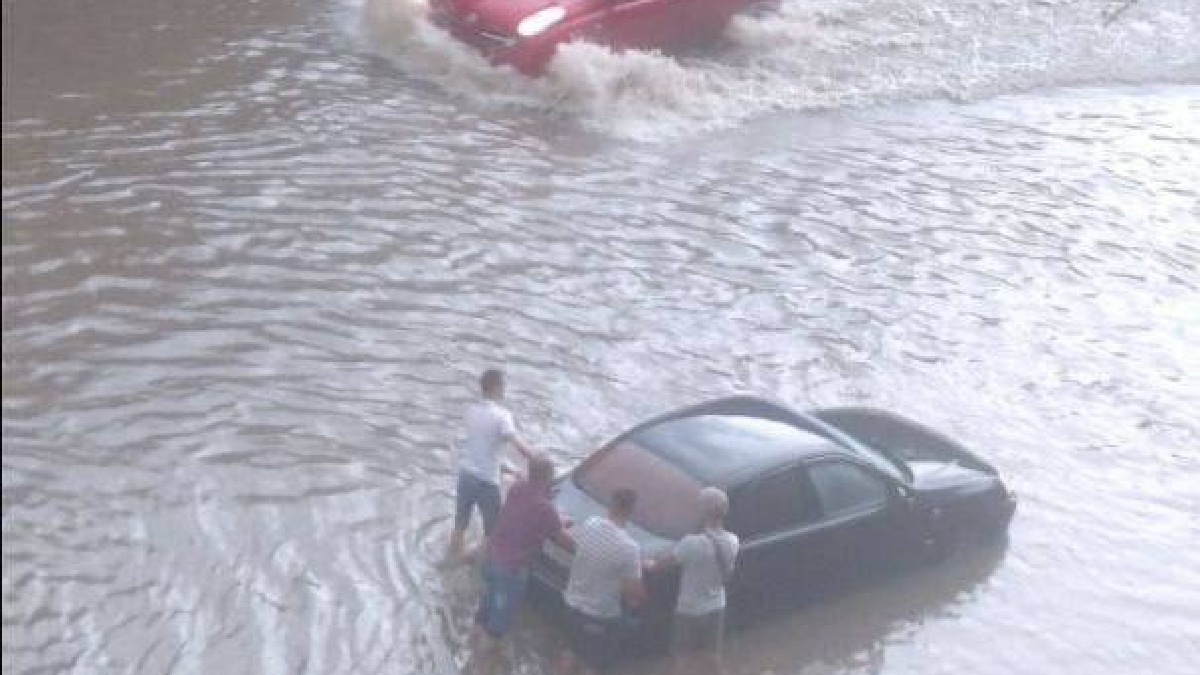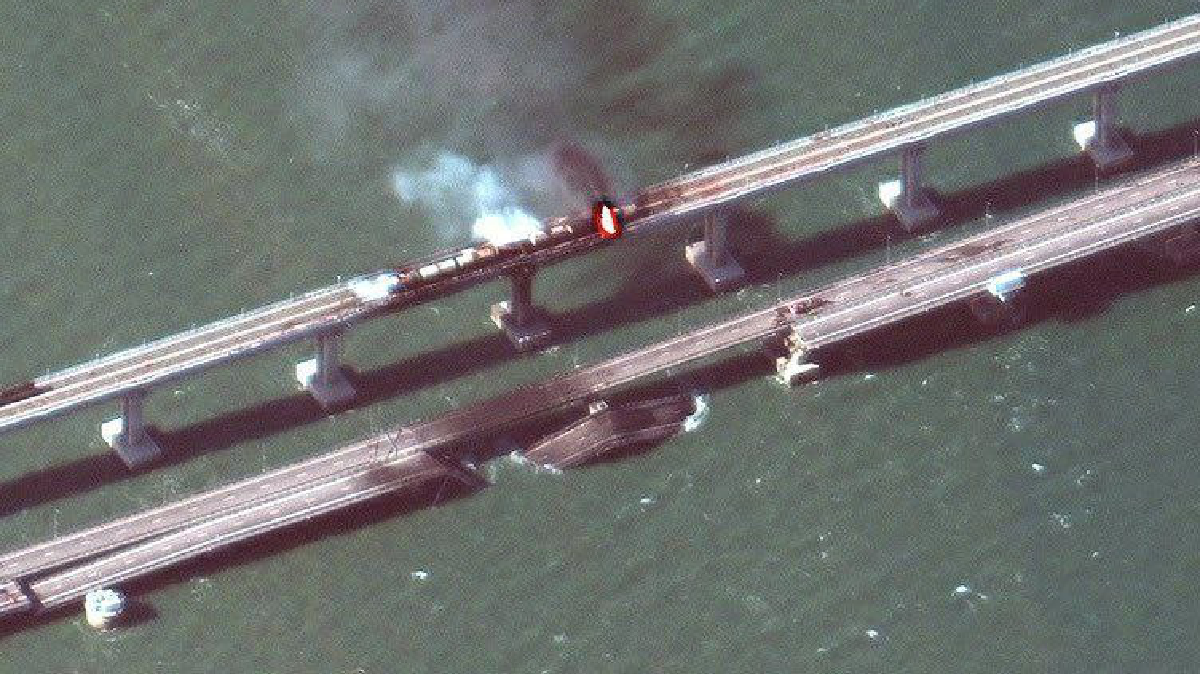"A man is a hostage. And the reason is in our state". As citizens of Ukraine from the temporarily occupied territories can not get a Ukrainian passport
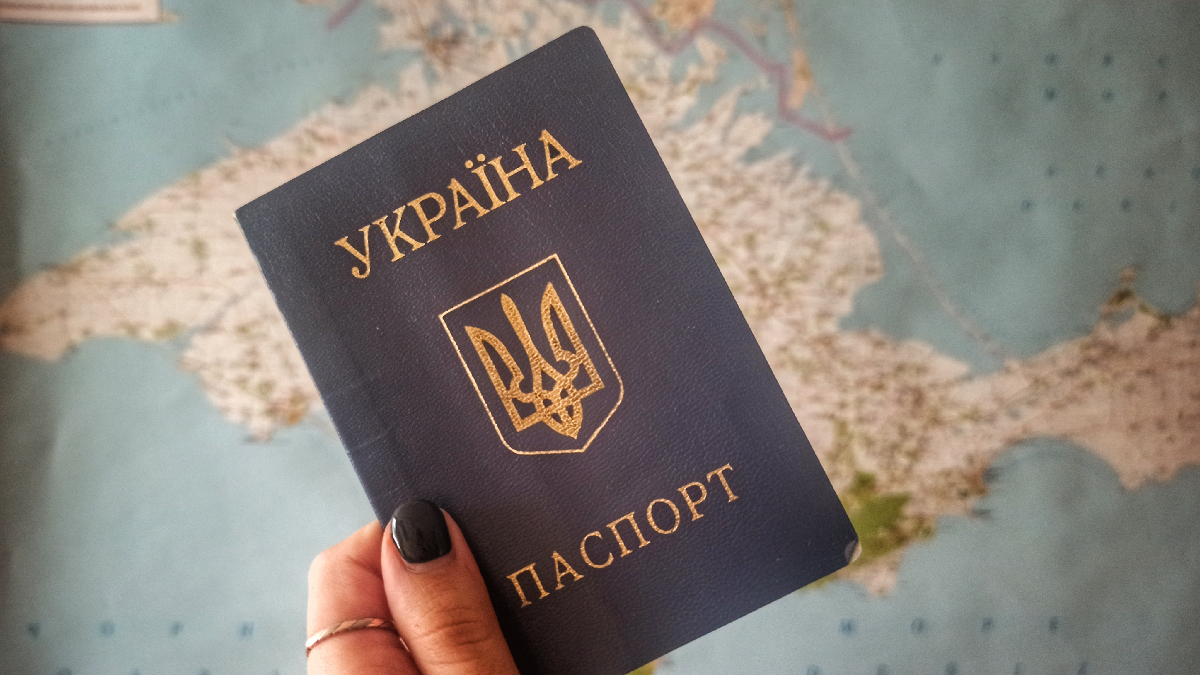
After the occupation of Crimea, the Cabinet of Ministers in 2015 adopted Resolution No. 302. This resolution states the procedure for registration, issuance, exchange, transfer, seizure, return to the state, invalidation and destruction of the passport of a citizen of Ukraine. In particular, Article 35 sets out a number of requirements that people from the occupied territories of Crimea and Donbas who want to leave now have real problems obtaining a Ukrainian passport. Even if you have a Ukrainian birth certificate.
The coordinator of the project "Occupation through the eyes of teenagers" Natalia Lyutikova says that she has been dealing with the problem of young people leaving the temporarily uncontrolled territories of Ukraine for a long time. Currently, her work files contain 11 stories of teenagers who have reached the age of 18 and are trying to get their first Ukrainian passport.
According to Lyutikova, the resolution of the Cabinet of Ministers, which was issued on March 25, 2015, is extremely inconvenient, as it stipulates that a person who has reached 18 years of age must confirm his citizenship when leaving Crimea for the first time after the occupation. That is, in fact, a child born in Ukraine and holding a birth certificate of a citizen of Ukraine must prove that he or she is a citizen of Ukraine.
However, when it comes to a child under 18, upon receipt of the first passport, this procedure is easier. The presence of one of the parents is enough. That is, if a child leaves between the ages of 14 and 18 with one parent, he or she has the opportunity to obtain a passport in 10 days.
The problem concerns those young people who, for some reason, have never left Crimea between the ages of 14 and 18. This is usually due to the fact that their parents do not want to or cannot leave Crimea.
"A child under 18 lives in the occupation and depends on the parents and their decision. Because of illness, because of his position, because of the lack of passports, because passports were often taken away in 2014 when a person transferred from the municipal service. Even if a person holds the position that a child should receive a Ukrainian passport, he or she simply cannot leave Crimea. When a child turns 18, many people want to go to Ukraine.
It is very interesting to talk to them, it is very interesting to draw conclusions from these conversations. All these children were born in independent Ukraine, they studied the history of Ukraine, they went to school, and although most of them studied Russian, they felt like Ukrainians. Russia is just a neighbouring country for them. They all say that they do not understand why they should join it, it is another country
And when they become 18 years old, especially if their friends have the opportunity to leave, talk about the opportunities that exist in Ukraine, how life is different from what is happening now in the Crimea or in Russia, they want to leave here. They don't understand why they can't go to the country where they were actually born”, - Lyutikova says.
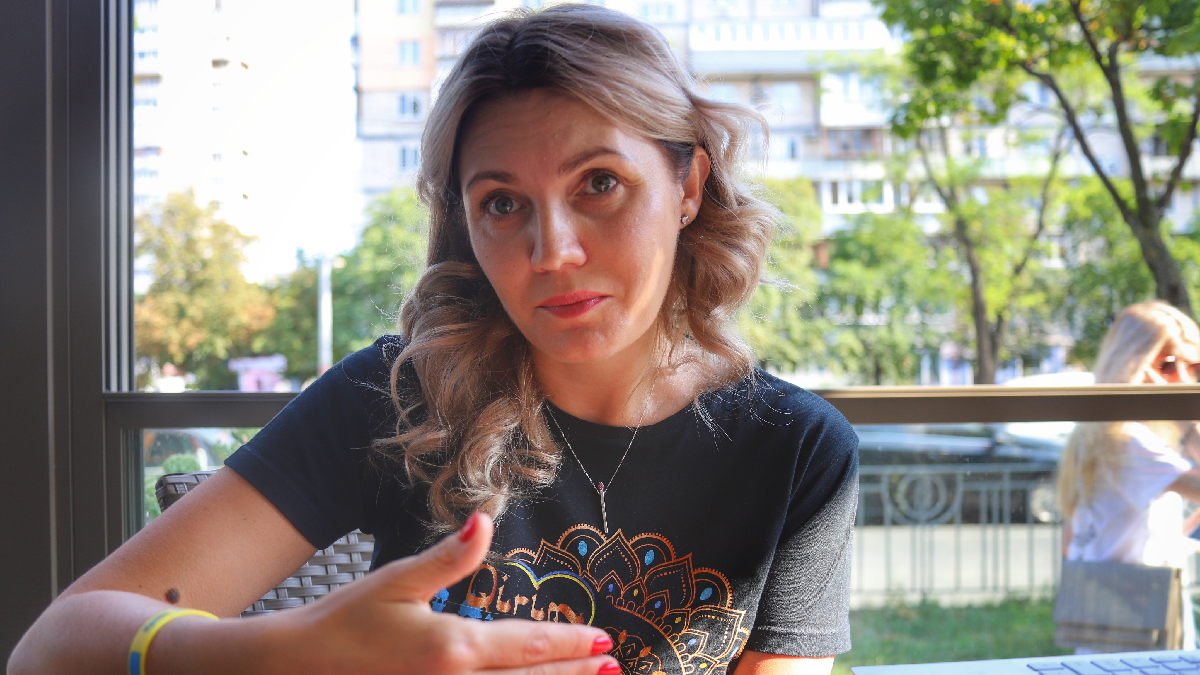 Natalia Lyutikova
Natalia Lyutikova
Now, in order for such children to obtain a Ukrainian passport, they need to provide:
- Originals of documents confirming citizenship and identity of parents or one of them who were citizens of Ukraine at the time of birth;
- If there are no such documents or one of the parents at the time of birth was a foreigner/person without Ukrainian citizenship or in case the person acquires Ukrainian citizenship on Ukrainian territory - a certificate of registration of the person as a citizen of Ukraine is submitted;
- A document issued by the relevant authority, institution or organization that contains a photograph of a person. If not - a written request is submitted in any form, in which they write information about the address of residence, study, work, penitentiary institutions and other information, information about parents or other relatives who will be involved in the identification procedure.
"In addition, in exceptional cases, in the absence of a photograph of the person and the results of inspections for which the person is not identified, in order to identify the person conducted a survey of relatives, neighbours, who were mentioned in a written request," - it informs in Article 43.
Thus, in order to obtain a passport of a citizen of Ukraine, it is not enough to simply present an available Ukrainian birth certificate, because it does not contain a photo.
An 18-year-old young man must bring three witnesses to obtain a passport. These witnesses must be her parents, even if they are divorced, do not live together, and another witness is a relative. It is necessary to prove that it is a relative or, as a last resort, a neighbour.
Natalia explains what the certification procedure at the SCSU looks like, where she was present.
"The procedure is similar to the procedure for identifying a criminal in the police. It goes like this: three photos of people are given, among which there is a photo of a person, which is installed and parents have to recognize it as a child, whether it is a child or not. Apparently, it was invented so that there were no substitutions. But we are talking about young people who are 18-20 years old today. When they leave, they are so worried, they have no life experience, they do not undergo special training. And the staff of the migration service, their qualifications provide to distinguish between ordinary people and criminals. I see an exaggerated story that some Russians, for example, will be knocked down here on the basis of a forged birth certificate, and will pretend to be another person in order to obtain a Ukrainian passport. Due to such excessive fears, security measures, our government deprived thousands of young people of obtaining passports", - she said.
If the identification procedure is successful, then the identity confirmation procedure lasts for about two or three months. During this time, a person's citizenship is established and only then do they begin to produce a passport.
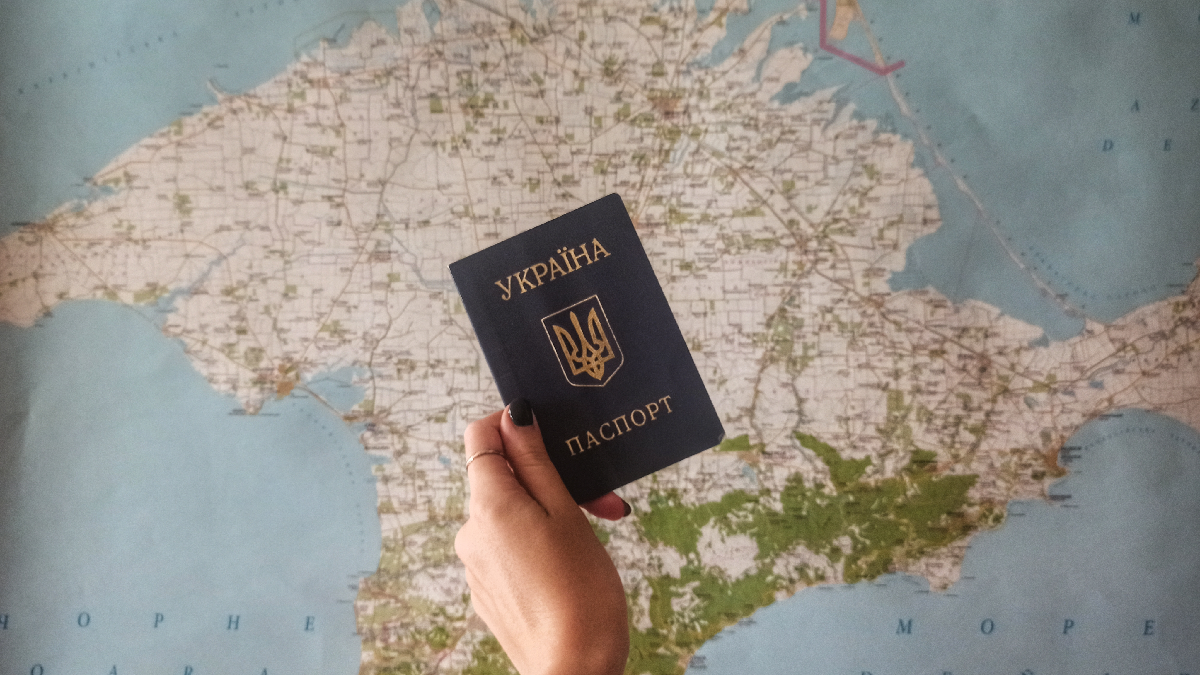
Dmytro Duplishchev is the unofficial guardian of 21-year-old Ksenia Frolova. Ksenia has no parents, 42 days before she came of age, she was abandoned by her foster parents and she was forced to spend this time in a juvenile shelter in Sevastopol. When Ksenia left Crimea, she could not get a passport for three years in a row.
"When we explained that Xenia has no parents, we were immediately warned that the process of establishing a person without parents is very, very complicated and almost unrealistic. A miracle must happen. This is how the Kherson migration service told us. It later emerged that Xenia's birth certificate had not been entered into the Ministry of Justice's database at all. It turned out that there were hundreds, and perhaps even thousands, of such cases because in the 2000s when documents were entered into a computer registry, they were not entered very carefully. And a lot of documents are simply not included in the database. It turns out that a child born in Ukraine, parents of citizens of Ukraine must prove to the state of Ukraine that he has the right to citizenship. Moreover, I have studied the practice of other countries: in none of them does a person have to prove in different ways that he or she is a citizen of that country. The statement is quite enough and further, the state institutions independently check and work with its documents”, - Duplishchev reported.
In this case, three witnesses were also needed to testify: with the help of the social network Facebook and a post by Natalia Lyutikova, two witnesses were found living on a nearby street. Thanks to the public response, which caused a video about the story of Xenia on the Internet, she received a passport.
"Two weeks after we made a fuss on social media, I got a call from a girl who introduced herself as an assistant to the head of the migration service. Just telephone law, a kind of manual control and interpretation of the law of Ukraine was included. We were quickly invited to the Solomyansk branch of the migration service. Where we are received with open arms, two witnesses and documents are received. They turn a blind eye to the fact that there are two witnesses, not three. The fact that the witnesses did not live at the address where Ksenia was registered but was registered at the neighbouring address, etc”, - the girl's guardian recalls.
Now Ksenia lives in Dnipro and is going to enter an educational institution in the field of graphic design. Its history is the exception rather than the rule.
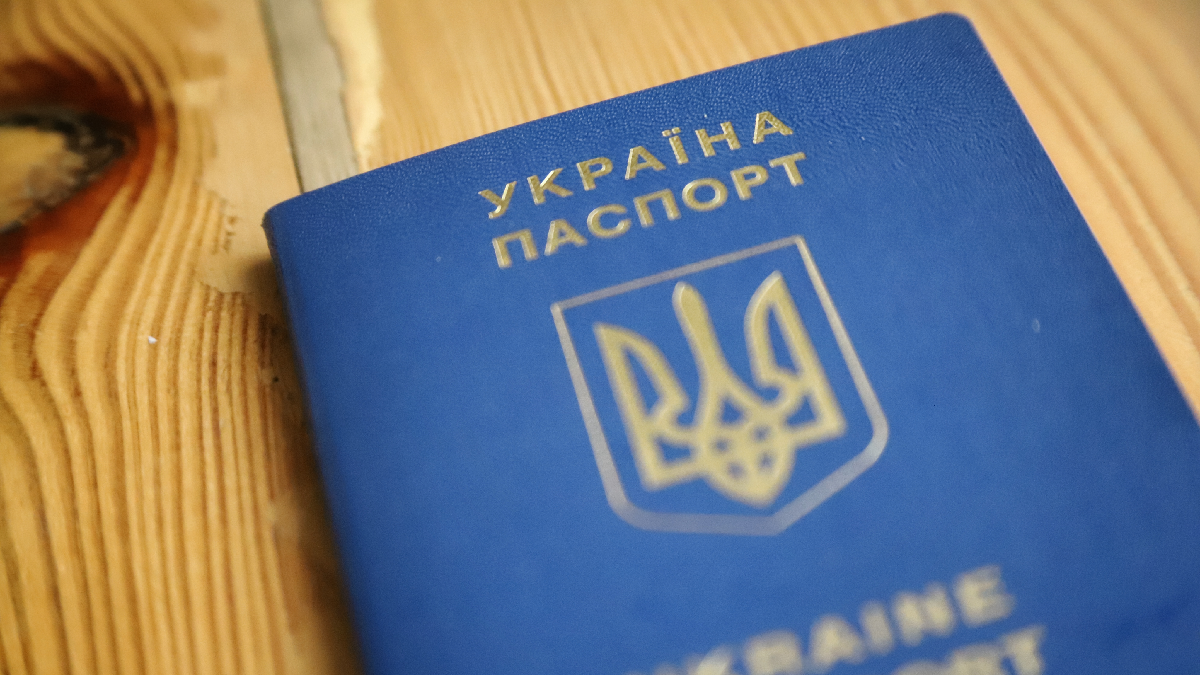
Yulia Sokolovska came to Kyiv with her sister from Feodosia. The girl is 19 years old. She had on hand a complete package of necessary documents to submit for a passport. First, Julia came to the centre for administrative services, they were sent to the migration service, where they advised to register in the queue. The next time in the queue was dated August. Given that Julia can not come to Crimea without a certificate of application for a passport.
"We called my mother, she has a lawyer she knows. He contacted the president's representative in Kherson and asked him to come to the migration service the next day. We came, but because I am 19 years old, I need to identify myself, because I did not have any documents with my photo. We didn't decide anything in Kyiv, I stayed to take the exams. Later my mother came, we went to Kherson where we were still given a certificate and I was able to go back to the Crimea", - Sokolovskaya says.
She was promised a passport in 2 months. Julia's mother was forced to come from Crimea, although according to the girl, she has a foot disease and this trip was not easy for her. Julia entered one of the Kyiv universities. According to the girl, the university reacted calmly to the lack of a passport: they understood the situation and accepted the birth certificate.
"The system is very inconvenient. Some parents may not have the opportunity to leave the Crimea, and when the child is an adult, I do not really understand why you can not just take the necessary package of documents to go and submit them yourself", - Julia says.
Natalia Lyutikova told another story. For security reasons, Public Crimea does not name another hero. This is a boy who finds himself in a situation where his mother has a Russian passport and his father was forced to surrender a Ukrainian passport after the occupation of the peninsula.
"The boy studied at a Ukrainian high school. He does not just identify himself as a Ukrainian, he speaks Ukrainian fluently, his dream now is to go to Ukraine, live and work here. But because of all this situation, he was forced to study in Crimea, graduated from this school and in the fall should be drafted into the Russian army, if he fails to leave for Ukraine during this time. It's very scary, in fact, the man is actually a hostage. And the reason is in the state. Not in the aggressor state. And in ours, in Ukraine ", - Lyutikova comments.
Public Crimea sent five inquiries to various state institutions regarding this situation: to the Ministry of Reintegration of the Temporarily Occupied Territories of Ukraine, the Representation of the President of Ukraine in the Autonomous Republic of Crimea, the Ministry of Internal Affairs of Ukraine, the Verkhovna Rada Commissioner for Human Rights and the State Migration Service of Ukraine.
The editorial office is ready to provide a platform for commenting and explaining the situation in any way convenient for the listed government agencies.

